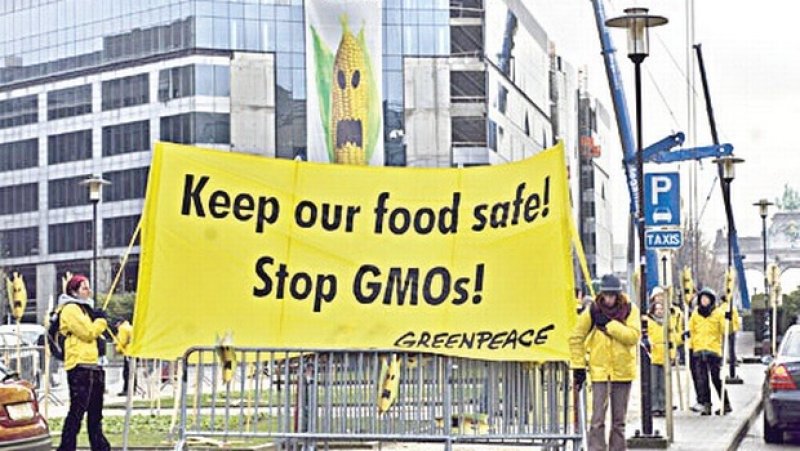One month after taking office, the Juncker Commission reached an agreement with the European Council and the European Parliament on an issue which had complicated life for both Barroso Commissions: genetically modified (GM) crops. Under this agreement, the Commission will continue to have the regulatory role of deciding, on scientific advice, whether a GM crop is safe to be grown anywhere in the EU. National governments will then be allowed to choose, on non-scientific grounds, whether to allow that crop in their country. This is a scientifically sound and politically pragmatic agreement, which should now be implemented without further argument.
GM technology should not be supported or opposed per se. There are good GM crops and bad GM crops, just as there are good chemicals and bad chemicals. New agricultural technology is necessary. As the world’s climate warms, there will be changes in rainfall patterns and more droughts. With the global population expected increase to over 10 billion by 2100, more food will be needed.
Have GMOs been proven to be safe? No. That is not how science works; nothing is ever definitively settled and more discoveries are always possible. Is there enough evidence that GMOs are safe to permit their release into the environment? Yes – if the benefits of the crops are sufficient to justify the inevitable risk that accompanies the release of new organisms into the environment.
Stephen Tindale is a research fellow at the Centre for European Reform. He spent six years as executive director of Greenpeace UK, which opposes GM crops. However, he has always thought that GM technology should be assessed case-by-case. He minimised campaigning on GM – never authorising direct actions against GM during his time in charge – and told Greenpeace’s campaigners to focus instead on how to make agriculture less environmentally-damaging.
Read full, original article: Genetically modified crops: Time to move on from theological dispute































